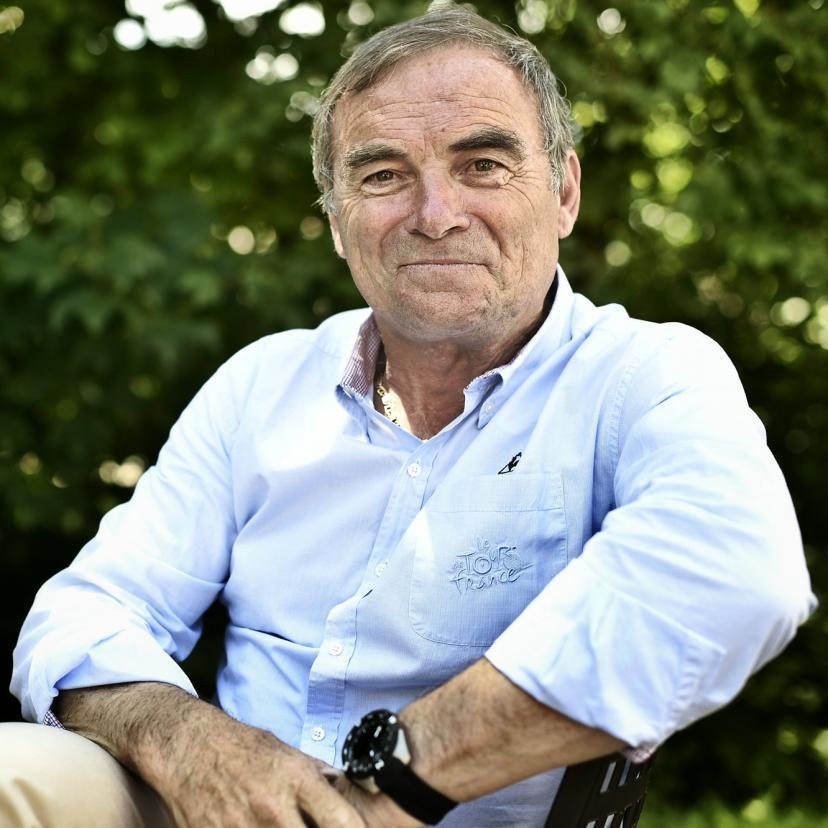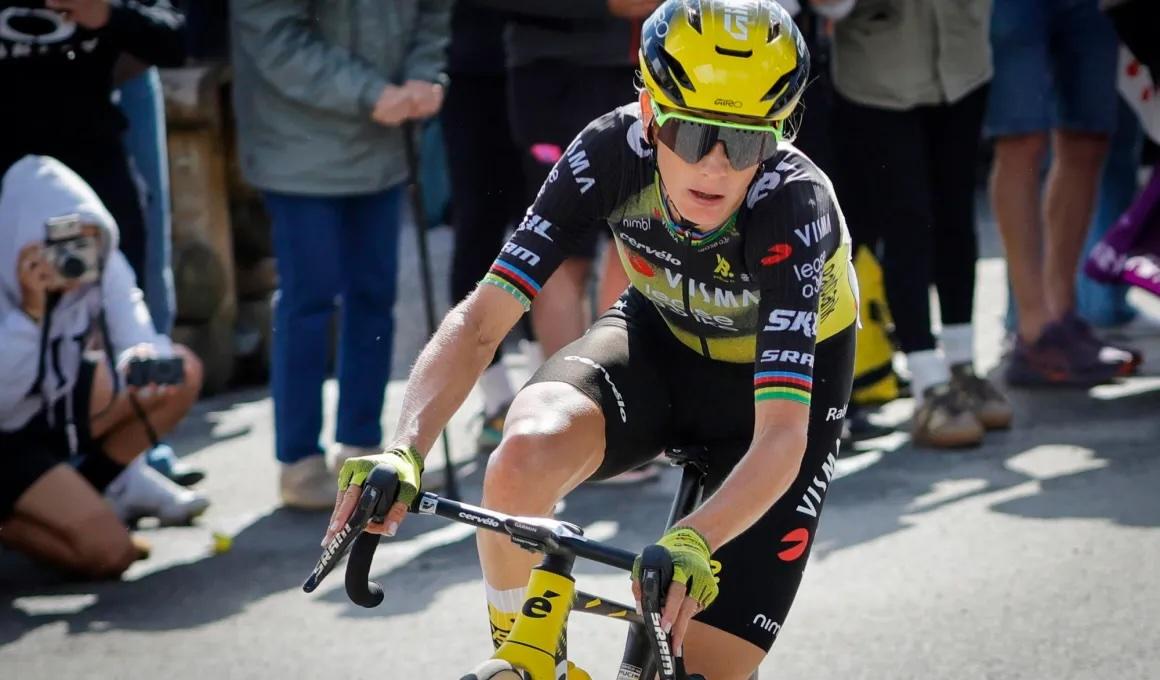Bernard Hinault’s Controversial Remarks on Pauline Ferrand-Prévot Spark Global Storm
In an explosive outburst that has left the sports world reeling, Bernard Hinault, one of the greatest cyclists in history, made a series of shocking statements about French cyclist Pauline Ferrand-Prévot. His comments, which have caused a global stir, were nothing short of a declaration of outrage over the treatment of the 33-year-old athlete.

“What is happening to Pauline is a CRIME in cycling!” Hinault declared, his words echoing across the world of cycling and beyond. “How can one be so cruel as to abandon a 33-year-old girl who is carrying the weight of an entire nation on her shoulders?” These bold statements have raised questions about the treatment of athletes and the pressures they face in their careers.

Hinault’s comments came in the wake of Ferrand-Prévot’s struggles on the international cycling circuit, where the French cyclist has been contending with immense personal and professional challenges. For years, Ferrand-Prévot has been seen as one of the brightest stars in cycling, with a string of impressive victories, including world titles across multiple disciplines. Yet despite her immense talent and accomplishments, her career has been marked by difficulties, including injuries, mental health battles, and the overwhelming expectations placed upon her by both the cycling community and the French public.

Hinault, known for his direct and sometimes controversial remarks, expressed his concerns about the lack of support and understanding for Ferrand-Prévot in her time of need. His reference to the “weight of an entire nation” highlighted the immense pressure that athletes, especially those from countries with a rich sporting history like France, often face. For many, this burden becomes unbearable, and it is evident that Hinault sees the situation as not just a personal failure for Ferrand-Prévot but a reflection of the systemic issues within the world of professional cycling.

The former Tour de France champion didn’t stop there. In a matter of moments, he issued a stark warning in just 10 words: “The system is failing our athletes. We must protect them!” This succinct yet powerful message seemed to ignite a firestorm of discussion, sparking debates around athlete welfare, the culture of competitiveness, and the sometimes toxic nature of professional sports.

What followed was even more surprising. Within five minutes of Hinault’s statements being made public, Ferrand-Prévot responded on social media. In a post that was both emotional and resolute, she addressed Hinault’s comments directly. “I appreciate his concern,” she wrote, “but let’s not forget that I am the one who has been fighting for my dreams every day. It’s my journey, and I will continue to push forward, no matter the obstacles in my way.”
Her response was a clear message to her critics and supporters alike that she will not be defined by others’ expectations. While her words were strong, they also revealed a deep sense of resilience and determination.
The exchange between Hinault and Ferrand-Prévot has sparked an important conversation about the balance between ambition, pressure, and personal well-being in sports. While Hinault’s comments were blunt and perhaps even divisive, they have undeniably brought attention to the challenges athletes face in high-pressure environments. It is clear that Ferrand-Prévot, despite the struggles she’s encountered, will continue to fight for her place in cycling history. However, the question remains: How much more must athletes endure before the system finally starts to prioritize their mental and emotional health?
As the debate continues to unfold, one thing is clear: the world of cycling – and sports in general – must reassess its approach to supporting athletes, not just in terms of their physical performance, but their overall well-being.